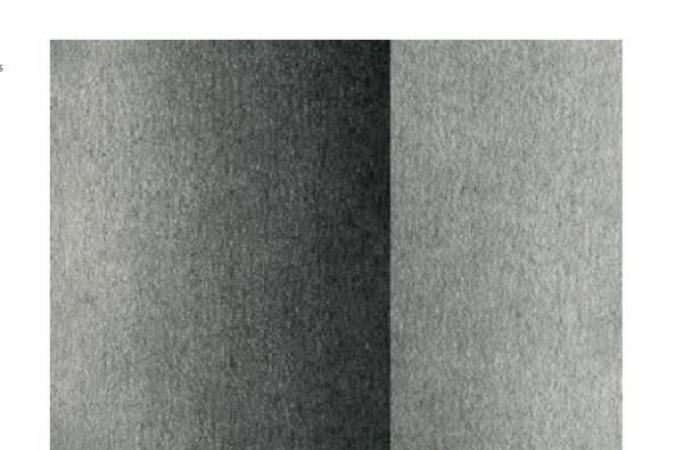Cecilia, thanks for the interview. We would like you to tell us what your book is about? Why is it called Futrono?
The novel deals with a person over -indebted. “Modern slavery”: work to pay the credit card, the consumer credit, and thus as many “facilities” of payment that the financial industry gives you.
I would like to cite the review made by a friend, Daniel Neyra:
“Returning to the family home when an economic crisis emerges seems a misfortune and failure in adulthood. However, playing a background could mean a rebirth that can lead us to a new lighting. It is not a spiritual lighting, rather lighting of a small or tedious office.
Advancing through pending quotas, the protagonist of this novel will build – from a dark and tragicomic temper – the story of Futrono: a separated place, uncomfortable and, nevertheless, closer than we believe.
A unique story about indebtedness, excesses and bad love decisions. “
Before talking about the title, mentioning that each chapter of the book is a quota that the protagonist is being paid. The name of the novel is explained in the first chapter, which advances it in a kind of spoiler-no-spoiler.
“Quota 60
I am in Futrono, at the bottom of the patio. It is not the people of Futrono. My mom calls Futrono to the winery that is at the bottom of the patio. Probably because it is the most inhospitable thing she knows.
I do not know the people, but I imagine that it is wet and isolated.
There are no truffles under the earth, treasures hidden in humidity, cold and rain. There is only humidity, cold and rain. Cold in the soul. Oppressed rain: anguish.
How did I get here? “
What were your motivations or what inspired you to write this novel?
Many, although mainly, as my workshop teacher said, Luis López-Aliaga: one writes many times to exorcise certain memories.
Writing this novel was that at the same time, how to look (se) in a mirror.
I hope that readers also cause that feeling. Romper with the ideal of successful and perfect stories, and embrace what we really are: contradictions, wishes, wounds, disaster, and sometimes a little humor.
Tell us why this novel could be interesting to invite people to read it to.
The recommendation comes closely: it is an honest and close novel, where the reader can get to recognize. I think everyone, at some point, we have felt the weight of a debt, we have exceeded, or we have made decisions that broke us a little.
Not everything in life is success and stability. There is beauty in the crooked, in what it costs to understand, in what hurts. In other words, it is a text that seeks to disarm stigmas: talking about indebtedness, for example, humanizes a problem that is usually lived with shame. And that, in itself, is already a political act.
I would like it to become a cathartic text for your readers, that the narration of these errors and excesses allows them to process their own. From reading, you can cry, laugh or say “I was there too.”
This novel does not offer happy formulas or endings. It offers truth, and in that truth there is beauty, there is redemption and there is literature. Because who hasn’t ever shitted it? Because sometimes we borrow, and nobody taught us out of there. Because excess has rhythm, and desire also knows how to get lost. Because the error is also part of the story. And there is life.
Futrono is for those who have felt that the world was too much … and yet we continue. It is not a story of redemption, it is a story of sinking with style. And writing from the bottom.
Thank you very much Cecilia for the interview, it certainly opens the curiosity for the story close to the reality of many people in this society. That is why we want to leave the invitation to the launch of the book, on Saturday, May 31 in the fury of the book (Mapocho Station) at 6:00 p.m., where Caro Mouat and Andrés Gómez will present. Do not miss it!






